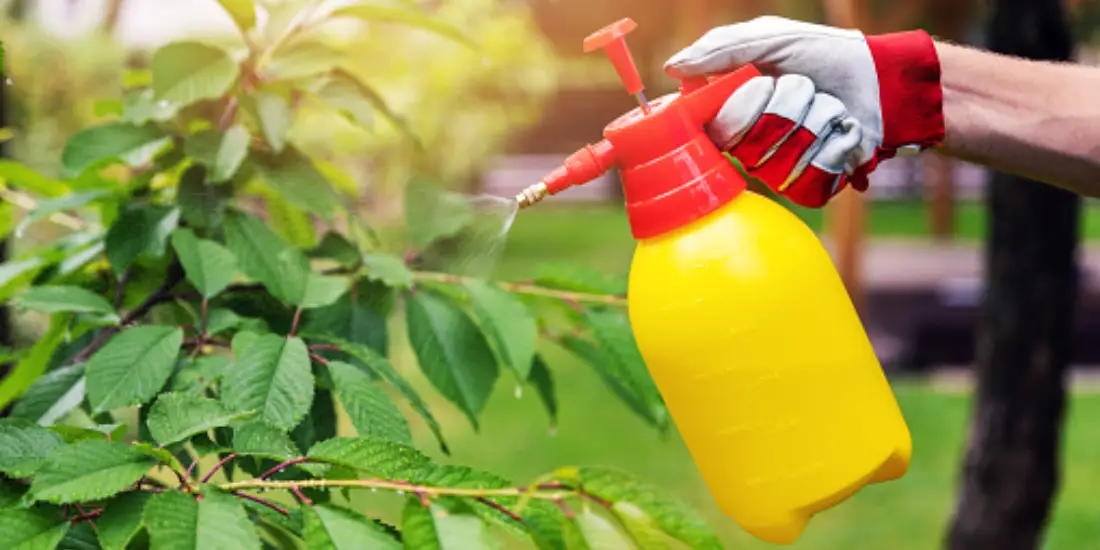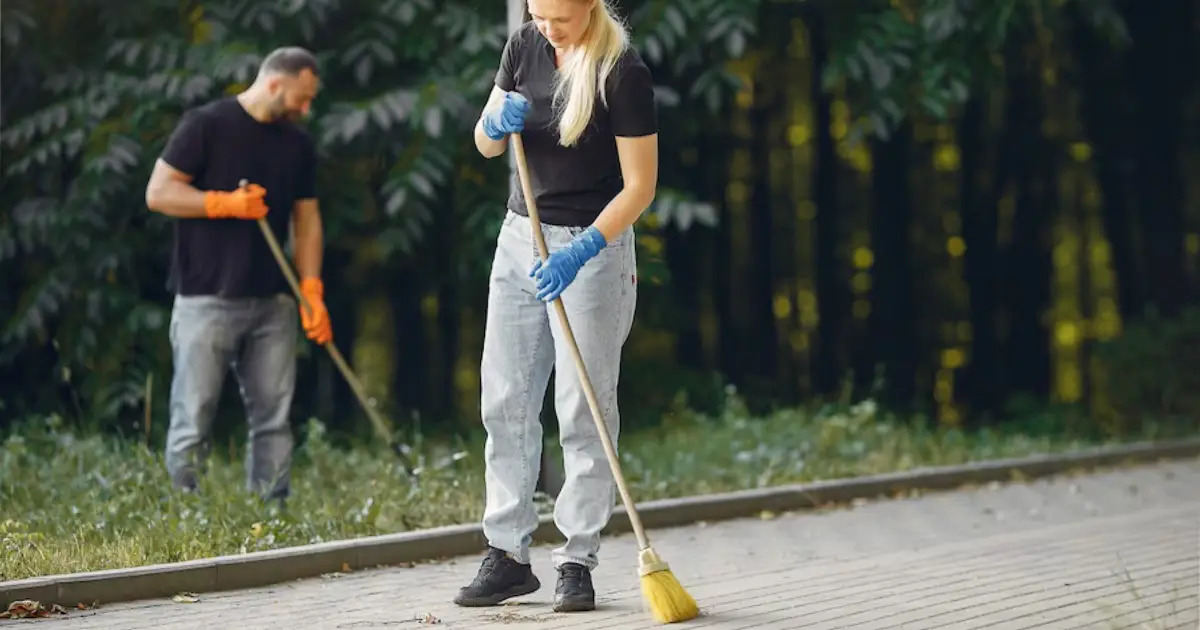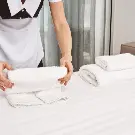
Have you ever spent weeks tending to your garden, only to find that a swarm of bugs have devoured all of your hard work overnight? If so, you're not alone. Many gardeners face the challenge of keeping pests at bay, and the traditional methods of pesticides and insecticides aren't always ideal.
Luckily, there are some surprising ways to keep bugs out of your garden that you may not have considered.
Here, we'll explore five of these unconventional methods in-depth. Whether you're a seasoned gardener or just starting out, these tips will help you protect your plants and enjoy the fruits of your labor.
Introduce Companion Planting
Companion planting is the practice of growing two or more plants in close proximity to one another for mutual benefit. It can be used to repel pests, attract beneficial insects, and improve soil health. For example, planting marigolds in between rows of vegetables can help deter pests like nematodes and whiteflies.
Similarly, planting basil near tomatoes can improve the flavor of the tomatoes and repel pests like aphids.
Consider Using Insect-Repellent Plants
There are a number of plants that naturally repel insects due to their scent, taste, or other properties. For example, lavender, mint, and rosemary all have strong scents that repel a variety of pests. Similarly, chives, dill, and fennel can attract beneficial insects like ladybugs and lacewings that feed on pests.
Use Row Covers to Keep Bugs Out
Row covers are lightweight fabrics that can be draped over garden beds to protect plants from pests. They allow sunlight and water to penetrate, but prevent insects from getting in. Row covers can be especially effective at preventing pest infestations early in the season when plants are most vulnerable.
Create a Barrier Using Diatomaceous Earth
Diatomaceous earth is a natural powder made from the fossilized remains of tiny marine organisms. When sprinkled around the base of plants, it creates a barrier that insects are unable to cross. It is non-toxic and safe to use around children and pets, but can be harmful to beneficial insects, so use it sparingly.
Make Your Own Insecticidal Soap
Insecticidal soap is a natural alternative to chemical insecticides that can be effective at killing soft-bodied pests like aphids, mealybugs, and spider mites. You can make your own insecticidal soap by mixing a small amount of dish soap with water and spraying it on affected plants. Be sure to test a small area first to make sure it doesn't harm your plants.
As you can see, there are a number of surprising ways to keep bugs out of your garden without resorting to harmful chemicals. From companion planting to row covers, diatomaceous earth, and insecticidal soap, there are a variety of natural methods that can be effective at deterring pests and keeping your plants healthy.
By using these tips and experimenting with what works best for your garden, you'll be able to enjoy a thriving garden without the frustration of battling pests.

Professional Cleaning Services in Sunshine Coast
book now
Recent Posts
-

How to Get Smoke Smell Out of Carpet: Your Ultimate Guide to Freshness
October 31, 2023
Admin
-

Winter Pest Control Strategies: Balancing Effectiveness and Safety
July 31, 2023
Admin
-

Make Your Backyard Effortlessly Clean, Organized, and Beautiful
July 07, 2023
Admin
-

How To Clean Your Bathroom In 15 Minutes Or Less
April 06, 2023
Admin
-

7 Cleaning Solutions for a Chemical-Free Home
February 16, 2023
Admin
-

5 Surprising Ways to Keep Bugs Out of Your Garden
February 16, 2023
Admin
-

5 Cost-Effective Carpet Cleaning Solutions for a Deep Clean on a Budget
February 07, 2023
Admin
-

Clean A Washbasin In 5 Easy Steps
January 18, 2023
Admin
-

5 Cleaning Hacks With Borax
January 02, 2023
Admin
-

5 Tips To Buy A Pet Vacuum Cleaner
December 14, 2022
Admin
-

5 Fail-Safe Home Methods To Clean Carpets
December 05, 2022
Admin
-

5 Simple Tips To Deodorise Your Bedroom
July 15, 2022
Admin





